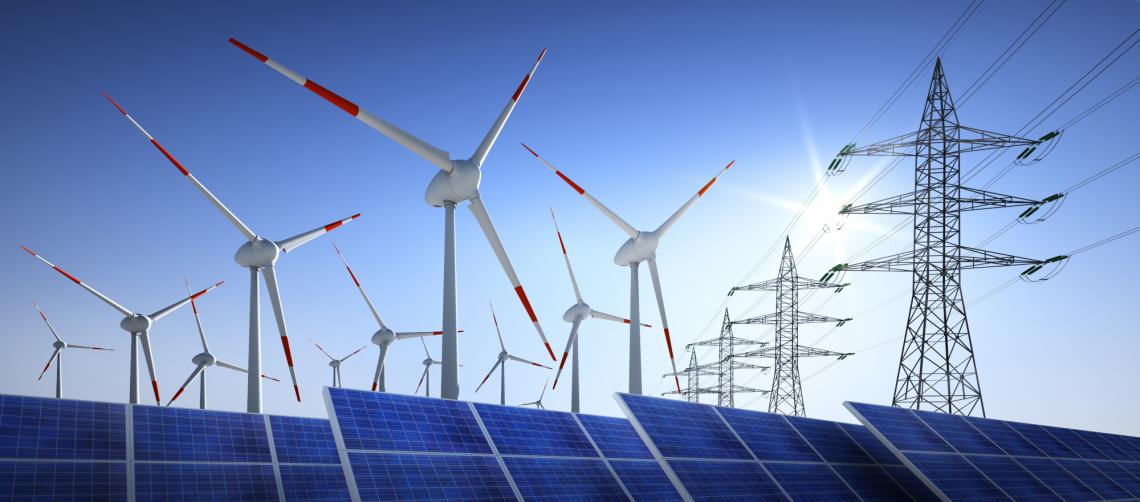Petra Weiler
Mobility, Energy and Future Technologies


Many challenges arise with the transformation of the energy industry. The rapidly increasing use of renewable technologies in power generation increases the complexity and also fluctuations in the power grid. At the same time, traditional thermal power plant capacities are decreasing due to the shutdown of nuclear and coal-fired power plants. This can be reduced by intelligent power generation and use, but the use of energy storage systems to increase buffer capacities is also necessary. Especially for mobile applications, where continuous connections to the electricity grid are not possible, energy storage systems with a high energy density are needed. In addition, energy efficiency must be increased through the systematic improvement of provision and utilisation technologies.
Batteries are a key technology for mobile applications such as electromobility and portable electrical devices. The development of sustainable battery cell production is therefore indispensable. However, successful implementation also requires corresponding investments in the charging infrastructure.
Synthetic fuels such as hydrogen or methanol have also gained in importance as energy storage. They can be produced sustainably using power-to-X technologies and can be used to power fuel cells. Due to their high energy density, synthetic fuels are particularly interesting for energy-intensive industrial applications, the heating sector and mobile applications where batteries can only be used to a limited extent, such as in aviation, shipping and the heavy-duty sector.
The digitalisation of infrastructures and processes is what makes innovations and thus a stronger integration of different energy systems into an intelligent and cross-system energy supply possible in the first place. Together with other new technologies, this enables, for example, the coupling of different energy sectors, such as heating/cooling (thermal energy use), electricity and mobility, thereby opening up new possibilities for the storage, transformation and more flexible use of renewably generated energy as a whole. More accurate forecasts, improved generation and load management and thus the optimisation of grid utilisation and expansion are also possible. Digitalisation embeds smart energy supply in an overall system in the long-term and thus makes it part of the smart supply.
This long-term transformation of the energy infrastructure is a complex challenge that will revolutionise not only the way energy is generated, but also the way energy is used as a whole – and requires complex and interconnected system innovations. This requires major innovation policy efforts: research and development work must create the technological prerequisites for economic implementation. Economic aspects of investment risks and financial viability must also be considered, as well as sociological challenges such as social acceptance of the infrastructure measures associated with the energy transition.
In all these areas, we support our clients from federal and state governments as a competent partner in the preparation of analyses and recommendations for action as well as in research funding. We organise networks and are involved in important European projects. We also prepare studies in the areas of intelligent energy supply and smart grids. We also advise on innovations and innovation needs for the energy transition, elicit education and training as well as personnel needs, deal with export promotion for renewable energy companies and analyse the conditions of renewable energies for developing and emerging countries. As a project management agency, we provide our clients with organisational and technical support, for example in the areas of digitalisation of the energy transition and energy efficiency, and we have many valuable experiences.